Laurel Brunner: Taxing Times
 In January Danish Members of Parliament (MPs) will vote on draft legislation to tax commercial print. The tax will make print cost 25-50% more and is being imposed to discourage print’s use, on the basis that it is bad for the environment. If it goes through, this tax will severely damage Danish businesses and according to the Danish printers’ trade body cost some 600 print and supply chain jobs. The Danish printer’s association is working hard to educate the people involved, however they have had limited success so far. It seems that the potential income for the government trumps arguments for print’s sustainability, the need to keep people employed and for businesses in the media supply chain to thrive.
In January Danish Members of Parliament (MPs) will vote on draft legislation to tax commercial print. The tax will make print cost 25-50% more and is being imposed to discourage print’s use, on the basis that it is bad for the environment. If it goes through, this tax will severely damage Danish businesses and according to the Danish printers’ trade body cost some 600 print and supply chain jobs. The Danish printer’s association is working hard to educate the people involved, however they have had limited success so far. It seems that the potential income for the government trumps arguments for print’s sustainability, the need to keep people employed and for businesses in the media supply chain to thrive.
Denmark imports its printing papers and has a history of taxing goods that it does not produce. Its tax on new cars, all of which are imported, can be up to a sciatic 180%. The government wants to encourage the use of public transport, but this tax is a great little earner. Danish taxes on paper and plastic packaging and beverage containers are also very high. All of these are about getting tax income under the guise of protecting the environment and mostly they are indeed useful environmental protection tools. The same cannot be said of a print tax. And Denmark isn’t really achieving its environmental goals: Denmark is fourth behind Kuwait, Qatar and the United Arab Emirates in the World Wildlife Fund’s ranking of per capita ecological footprints.
According to Per Kaae Hansen, senior advisor at the Graphic Association Denmark “Knowledge about the environmental impacts from the alternatives to the printed communication are only to a limited degree taken into consideration by the government and when the issue is addressed it is based on documentation with a low scientific quality.” His group has commissioned the University of Aalborg to review four Life Cycle Analyses comparing printed and electronic communication and will present the results to the government prior to the vote.
It is surprising that so little fuss has been made beyond Denmark about this intended tax. In neighbouring Sweden the view is that it is madness, but nothing much has been done to dissuade the Danes even though this law will impact Swedish print service providers. The Confederation of European Paper Industries in Brussels isn’t much bothered because Denmark has no paper mills. Two Sides, a paper industry lobbying group has not challenged the move because, rather curiously “it is not really in our remit”. We are still waiting for further information from the Danish Ministry for the Environment explaining its position.
Taxing print is shortsighted in the extreme. This tax is an existential threat to many small businesses and employers and sets a dangerous precedent for other countries. The supply chain supporting print media creation and production will also suffer, if media buyers stop using print. Given the fragile state of many European economies, including the Danish one, this is a very risky strategy for Denmark.
1 reactie
De trainingen voor 2022 staan gereed. Kijk voor het volledige online aanbod van bestaande- en nieuwe trainingen op de website.
BLOKBOEK.COM EN PRINTMEDIANIEUWS: HET OPTIMALE DOELGROEP BEREIK


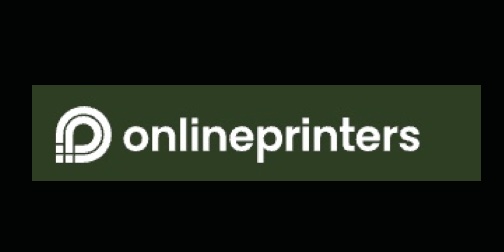

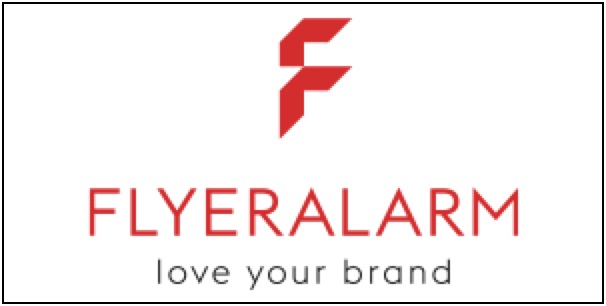
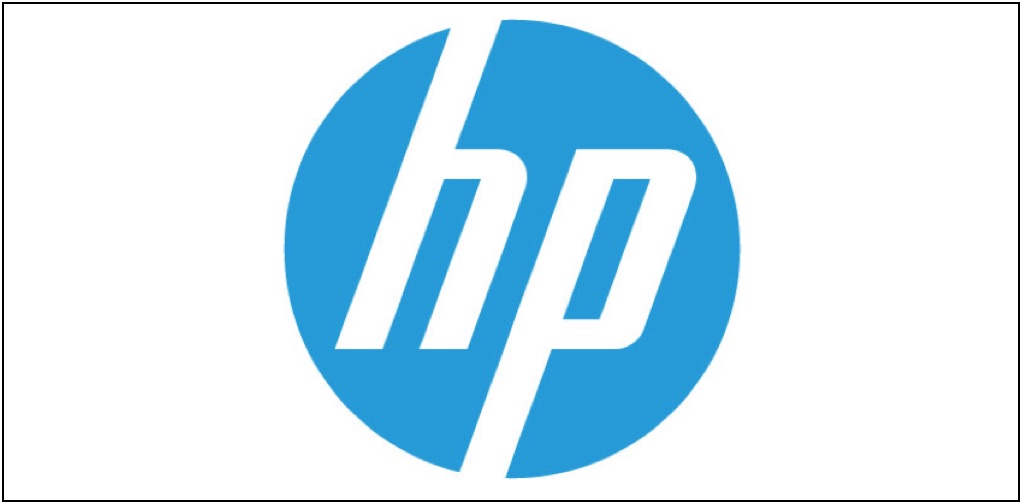
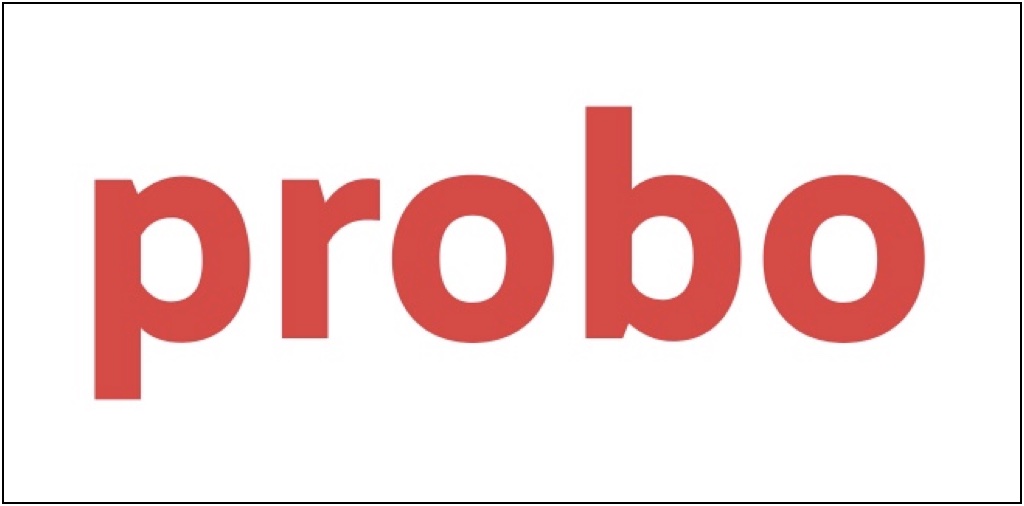
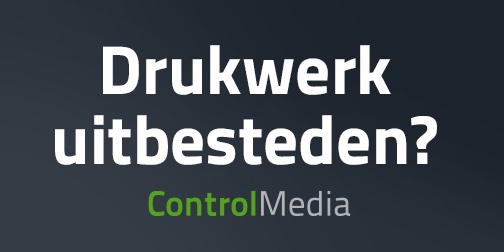
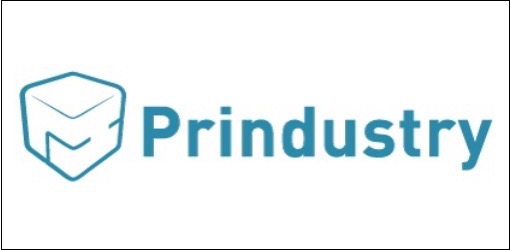
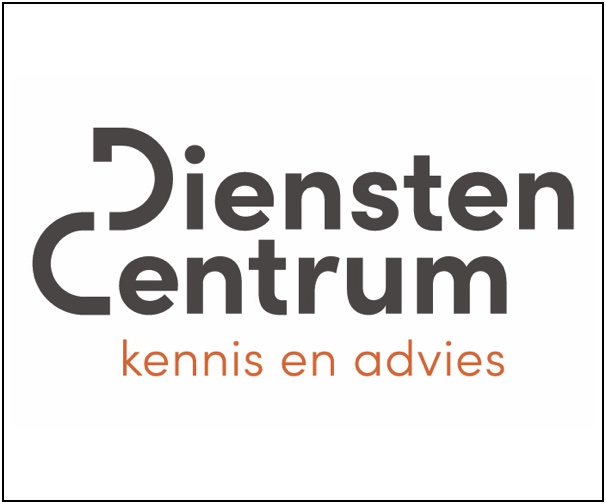
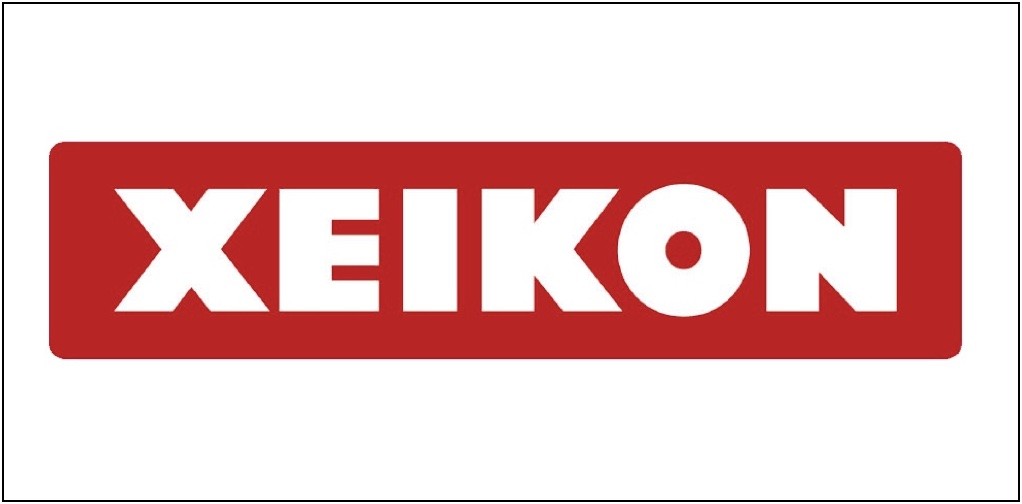


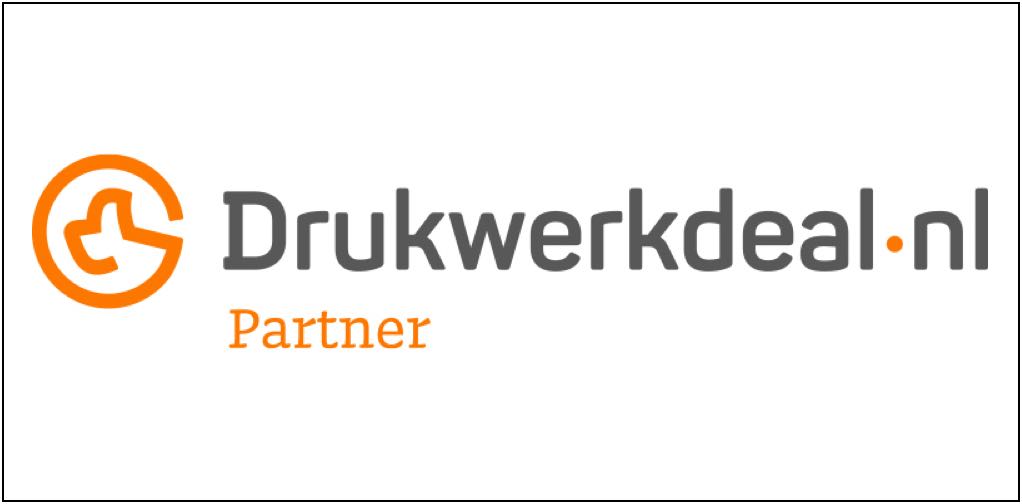
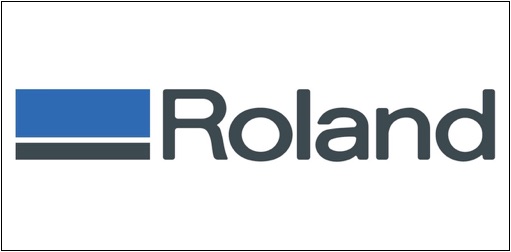
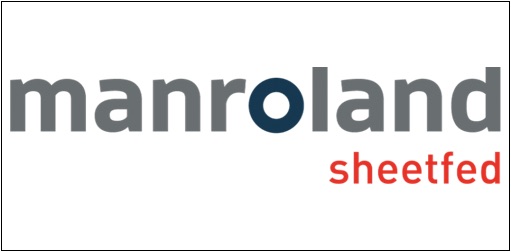

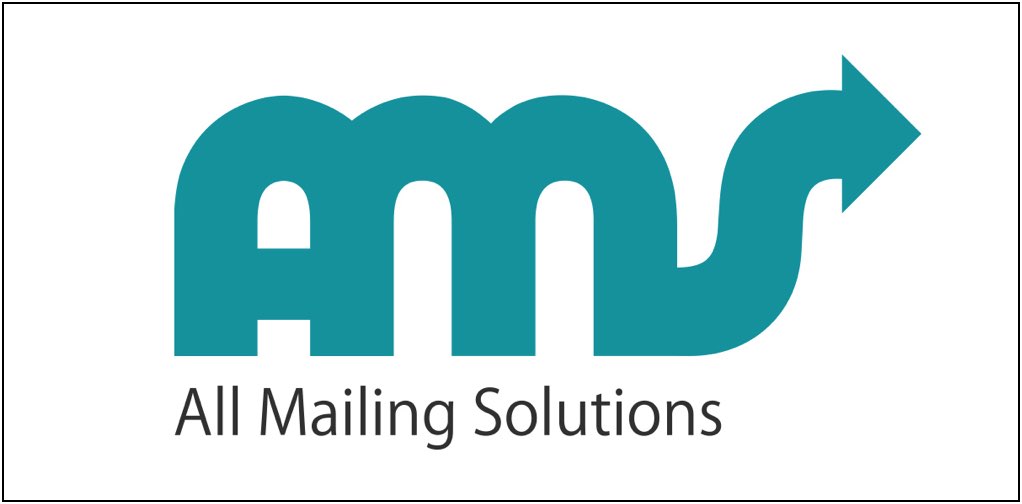
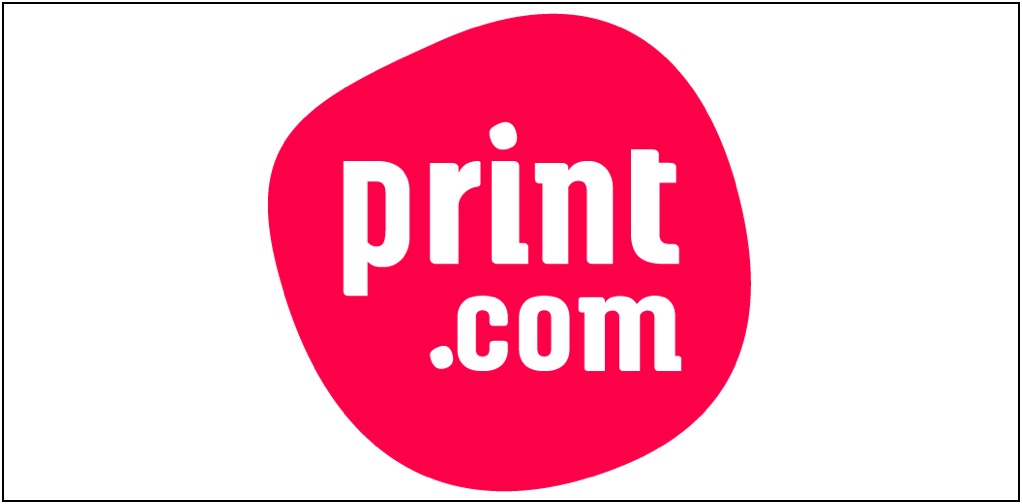
Just curious: an increase of 25-50% of e.g. 6% now makes it 7,5% to 9% in the future. From 20% it would make it 25-30%. Please mention absolute numbers so we can compare with our own situation.